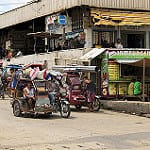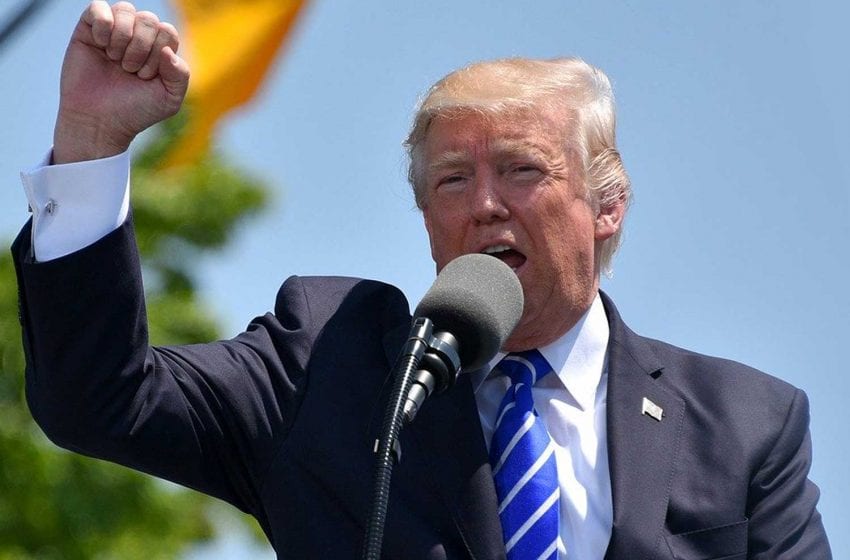British American Tobacco is due to close its operations in the Philippines by the end of December amid a ‘difficult environment’ and after its failed attempt to buy into the local cigarette manufacturer Mighty Corporation, according to a story in The Manila Bulletin.
The Bulletin report said that its sources had confirmed that BAT Philippines had started winding down operations after Japan Tobacco International (JTI) acquired Mighty for P46.8 billion in September.
“JTI’s acquisition of Mighty was a really big, big let-down for BAT because they were already at an advanced stage when the Japanese came at the eleventh-hour,” an unnamed source was quoted as saying.
“The Wongkuchings even wanted BAT to buy their company, but they had no choice after they made one big mess.”
The government had filed three tax claims against Bulacan-based Mighty and its top executives for a total of P37.9 billion in allegedly unpaid excise taxes. The Justice Department has now dismissed the complaints.
BAT Philippines confirmed its forthcoming closure, saying the company had been ‘operating in a difficult environment for some time’.
‘Given our small-scale operation, the highly consolidated nature of the market in the Philippines and the lack of inorganic opportunities, we have concluded that it is not sustainable for us to maintain a presence in the market,’ the company said in a statement to the Bulletin. ‘Consequently, we will be closing our current operations by the end of the year.’
BAT Philippines said the priority was to support impacted colleagues. ‘The company will continue to monitor market and industry developments and, if the conditions are right, is open to the possibility of investing in the Philippines again in the future,’ it said.
This will not the first time that BAT has pulled out of the Philippines’. In 2009, the company left the country after an unfavorable decision by the Supreme Court in respect of its Pall Mall brand. BAT claimed that the domestic industry did not comprise a level playing field.
But in 2012, BAT re-established its presence in the country amid plans of the Aquino administration to pass a new excise tax law that was aimed at creating a level playing field by removing the tax distinction between cigarette brands that were established on the market and those that were ‘new’.
BAT Philippines has a one-percent share of the Philippines’’ 100-billion stick tobacco market.
On its return more than five-years ago, the company announced it would invest $200 million in the country. James Michael Lafferty, BAT Philippines’ country general manager said in September 2014 that BAT had already “crossed the $100-million mark” in terms of its investments.
Lafferty said the amount was spent mainly in improving the distribution aspects of their business.











